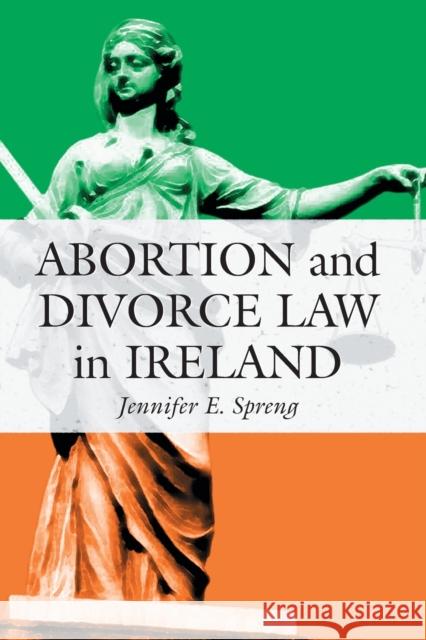Abortion and Divorce Law in Ireland » książka
Abortion and Divorce Law in Ireland
ISBN-13: 9780786416752 / Angielski / Miękka / 2004 / 259 str.
In 1991, the people of Ireland elected Mary Robinson, a women's rights crusader who supported legalized birth control and divorce, as their president. The country seemed poised for massive social and legal change, but it became apparent that even though Ireland at the dawn of the 21st century would be very different from the Ireland of the past, many fundamentals would remain the same. This book examines Irish abortion and divorce law in their historical, religious, and cultural contexts. Its main focus is on the well-publicized referenda and court cases of the 1980s and 1990s, with special attention given to their beginnings and their potential long-term effects on the communitarian Irish culture and the opportunities for Irish women. The author identifies and discusses three forces that have affected Irish law and mores, especially those relating to abortion and divorce: economic insecurity; a sense of group loyalty and identification at a variety of levels, particularly within families and churches; and Catholic social and political teachings about the common good not just about abortion and family law.











